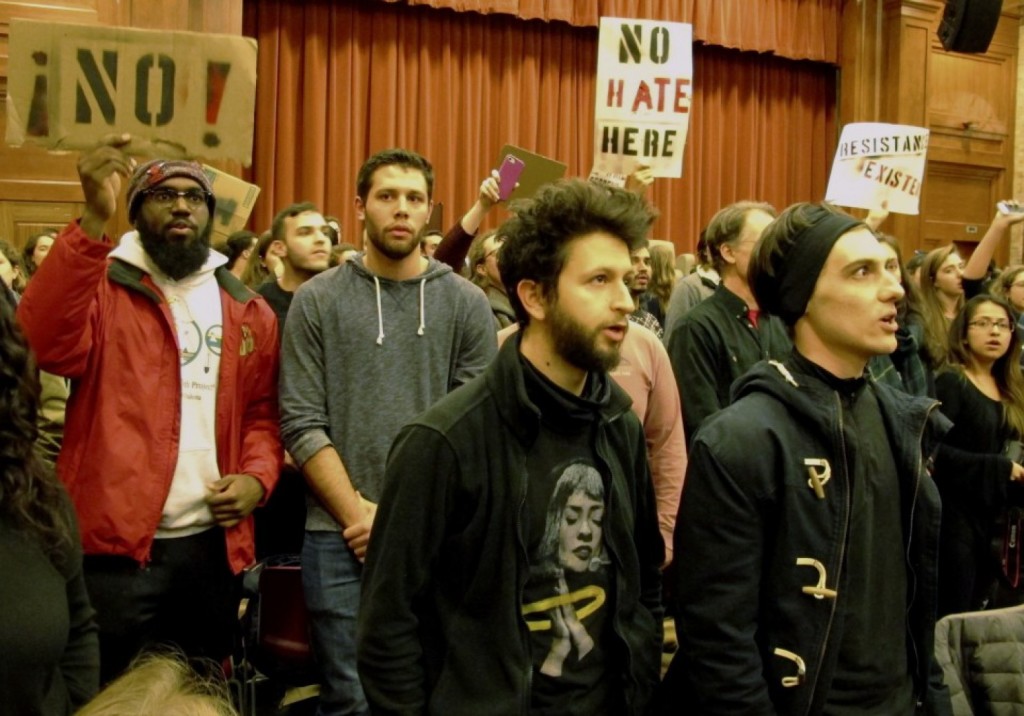A Plague of Subjectivism
STEPHEN IPPOLITO writes from Australia:
When I was just 17, many years ago, I met a very wise man who was then almost 100 and whom, unfortunately, I was only ever to meet that one time.
Rudolfo Cafiero came to Sydney in what was then still the British colony of New South Wales in the late 1890’s, just a few years before federation, from his native Meta di Sorrento, on the Bay of Naples. He had been a ship’s captain like many in his wider family, but his own branch had traditionally been avvocati (lawyers), and magistrates. Each of his father and grandfather had served their community in both capacities.
After retiring from work, Rudolfo thereafter spent most of every day in his library. He was a noted recluse. On the day that I met him, he had come to our house because there was a party to celebrate my matriculation and my becoming the first in my family to win a place at University where, he had heard, I would study law. It was the legal connection that drew him.
Rudolfo spoke little to anyone but towards the end of the evening he approached me and said: “Stefano,” (35 years later and he remains the only person to have ever called me that) “Let me give you the same advice my father gave me as I set out on my path as a young man. He himself received the advice from his own father and it will aid you both as a lawyer and as a man.”
Rudolfo continued: “In all things in life be guided by the answer to the old riddle: If you count the tail as a leg, how many legs does a donkey have?” I answered, “Five.” (more…)


